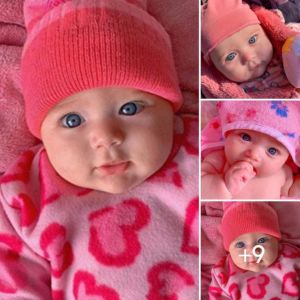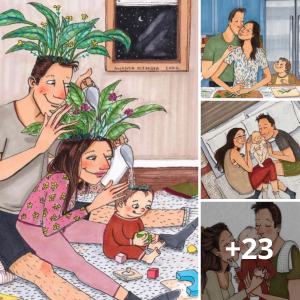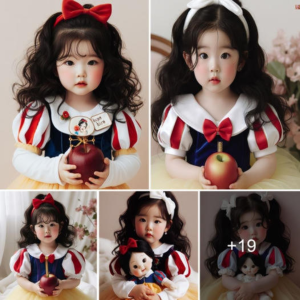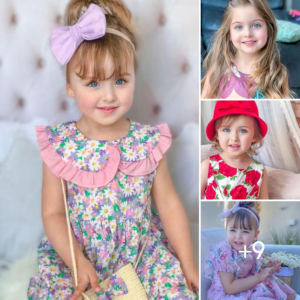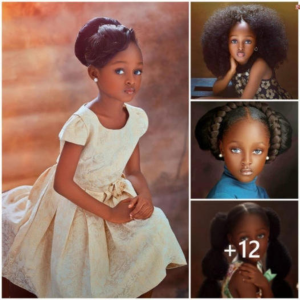in the age of digital connectivity, the internet has become a platform for sharing stories that capture our collective attention and stir a range of emotions. One such story is that of an Indian girl born with four legs and three arms. This unique and extraordinary condition has garnered significant online interest, prompting discussions, debates, and a multitude of responses from the global online community.

The Unprecedented Condition
The story begins with the birth of a baby girl in a rural village in India. However, her arrival was unlike any other. She was born with four legs and three arms, a medical anomaly that defied conventional understanding and immediately drew the attention of the medical community.
The Initial Reactions
As news of the extraordinary birth spread, it ignited a flurry of responses from people all over the world. Social media platforms, in particular, became a space where individuals shared the image of the baby girl and expressed their astonishment and curiosity. The photo of the newborn quickly went viral, with many people eager to understand more about her condition.
Raising Awareness
The story of the Indian girl born with four legs and three arms also served as a catalyst for raising awareness about rare medical conditions and the challenges that families facing such circumstances may encounter. Online communities highlighted the importance of destigmatizing physical differences and providing support to those who need it.
Medical Intervention and Hope
In the wake of the online response, medical experts and organizations offered assistance to the family. Plans were made to provide the baby with the necessary medical evaluations and interventions to address her condition. The online community’s support played a pivotal role in connecting the family with the resources they needed.
A Global Conversation

The story of the Indian girl born with four legs and three arms underscores the power of the internet to facilitate global conversations. It showcases how a single image can transcend borders, cultures, and languages, and bring people together to discuss a complex and unique medical case.
Conclusion
The online community’s response to the photo of the Indian girl born with four legs and three arms reflects the diverse and interconnected nature of our world. It reminds us of the importance of empathy, understanding, and support, particularly in the face of extraordinary circumstances. This story serves as a testament to the positive impact that collective online action can have, whether by raising awareness, offering assistance, or simply expressing compassion for those in need.

The online community’s response was multifaceted. Some individuals engaged in discussions about the medical aspects of the condition, speculating about the potential causes and implications for the child’s future. Others expressed empathy and concern for the baby’s well-being, prompting debates about the importance of access to medical care, particularly in rural areas.
Empathy and Support
While the initial reactions were marked by surprise and curiosity, a significant portion of the online community exhibited empathy and support for the baby and her family. Many individuals expressed their hopes for the child’s future and their desire to see her receive the necessary medical attention and care.
<
